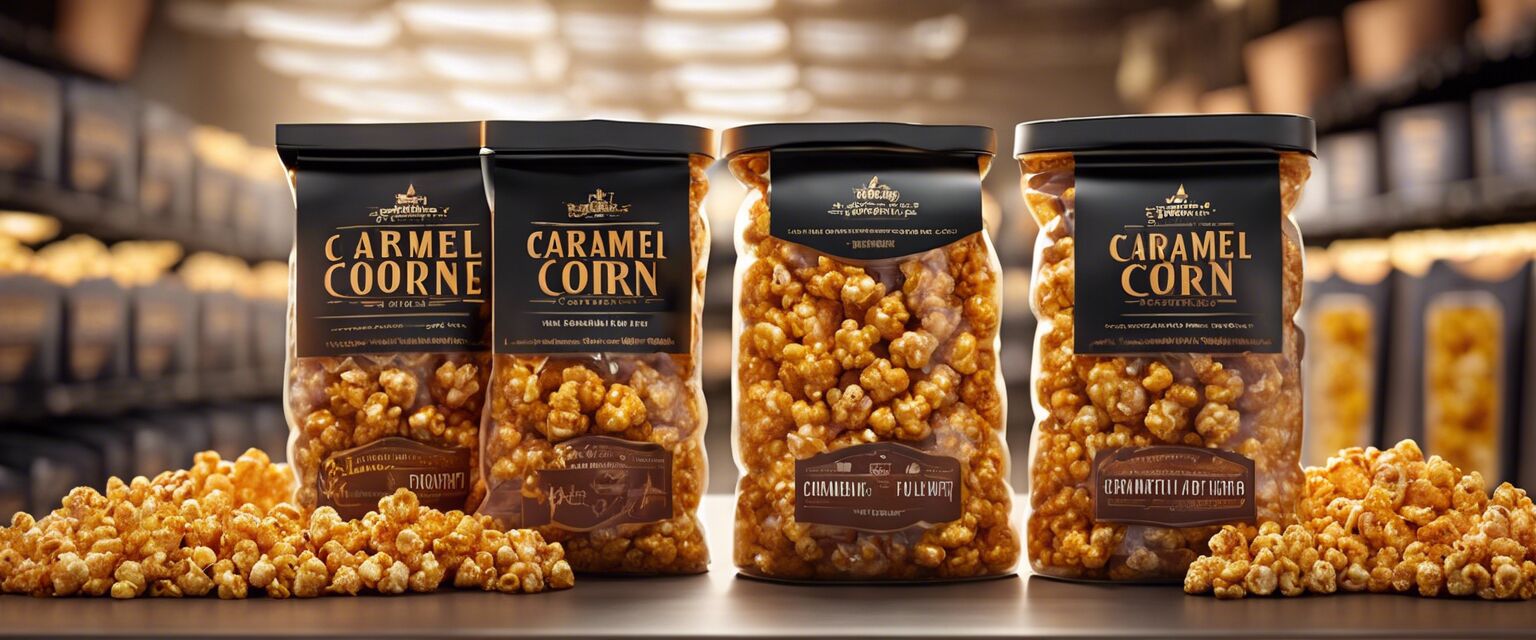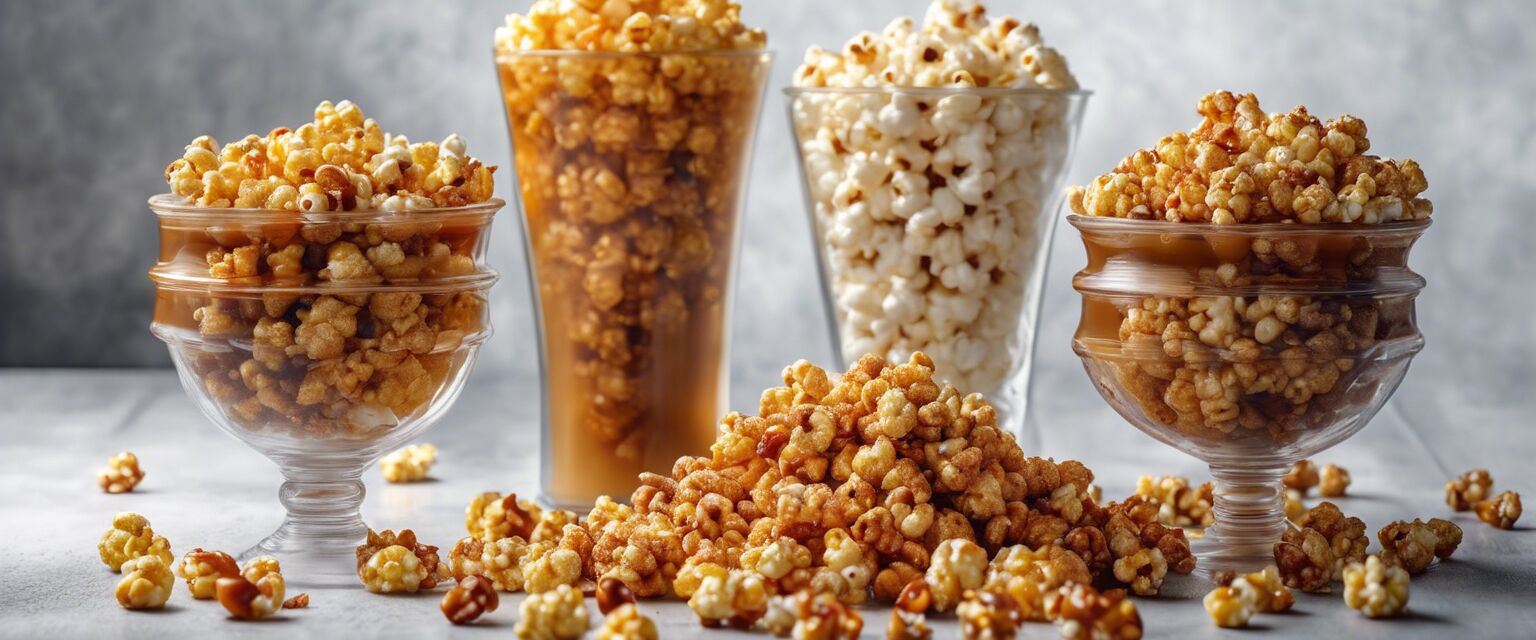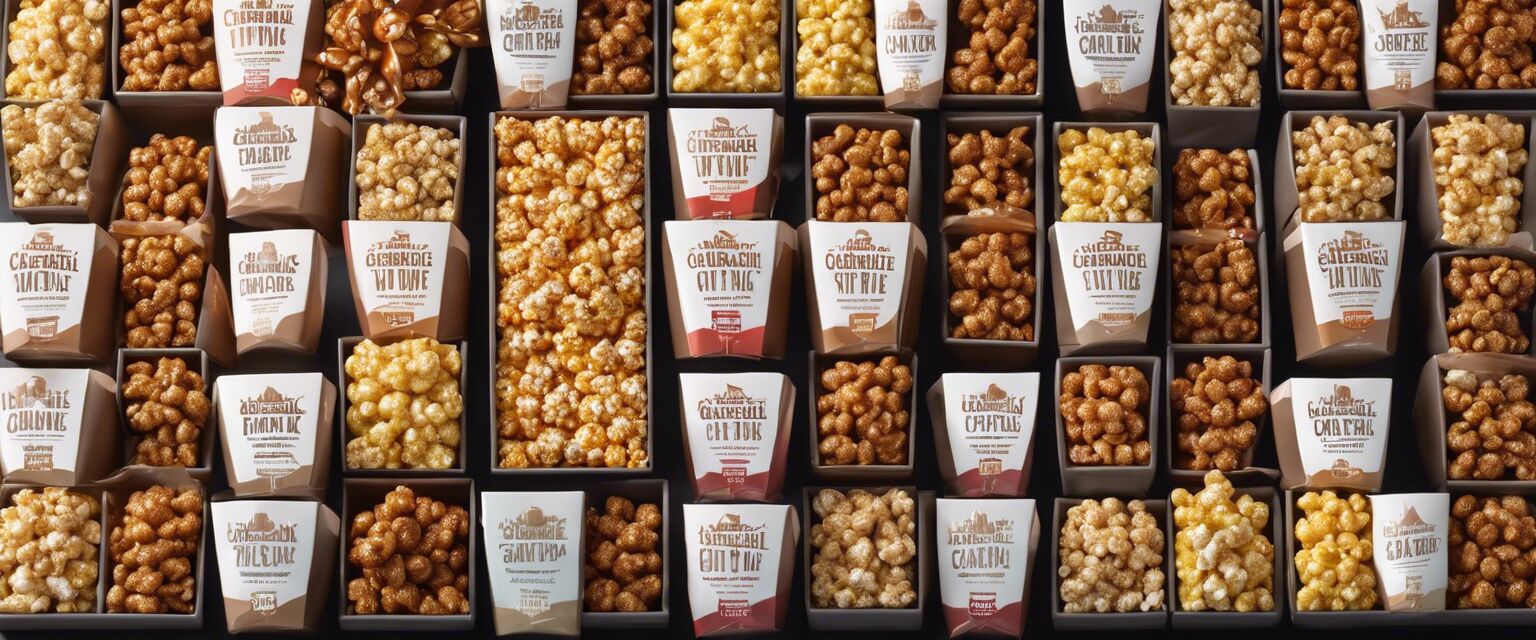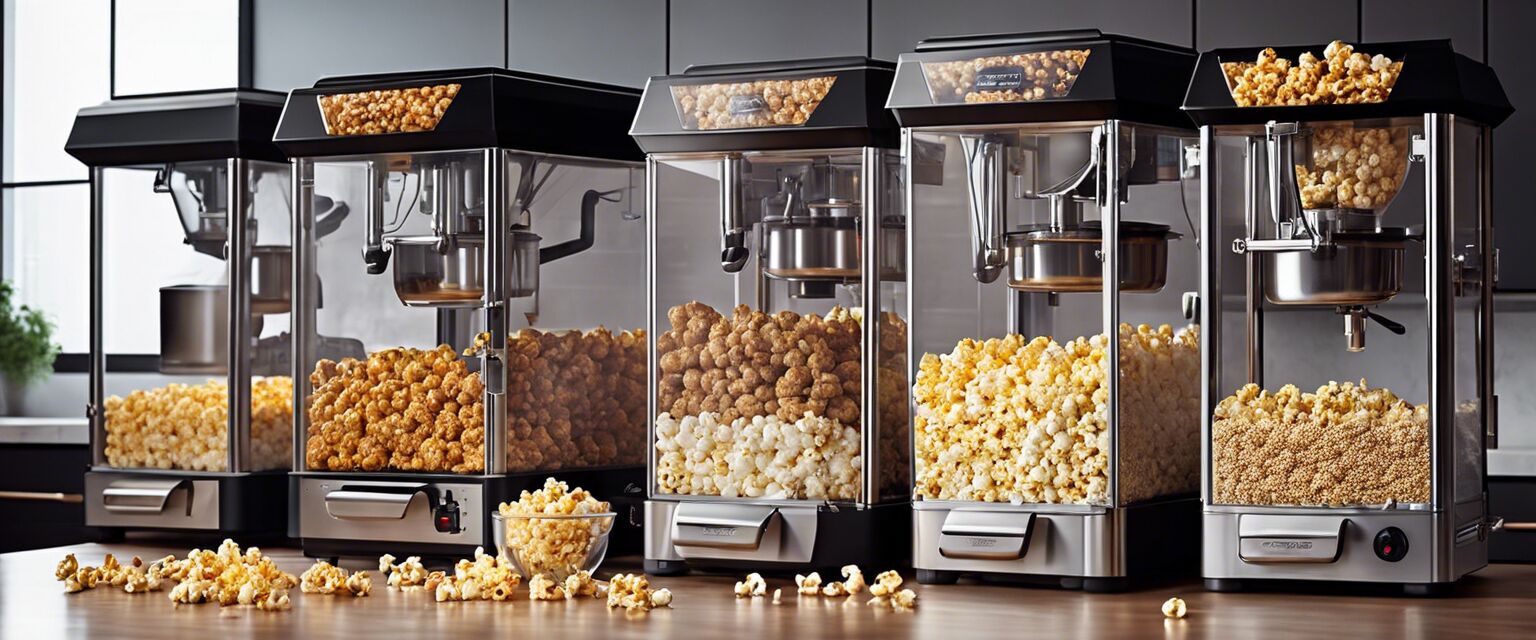
Caramel Corn Business
Key Takeaways
- Understand the caramel corn market and target audience.
- Choose a unique selling proposition to stand out.
- Develop a solid business plan outlining your strategies.
- Utilize effective marketing strategies to reach customers.
- Ensure high-quality product sourcing and production methods.
Starting a caramel corn business can be a sweet venture that combines culinary creativity with entrepreneurship. Whether you are looking to set up a small stand at local fairs or aiming for a larger online presence, having a solid plan is crucial. This article will guide you through the essential steps to start and run a successful caramel corn business.
Understanding the Caramel Corn Market
The caramel corn market is diverse, with various flavors and styles appealing to different segments of customers. It is important to conduct thorough market research to understand your target audience and competitors.
Types of Caramel Corn
| Type | Description | Target Audience |
|---|---|---|
| Classic Caramel Corn | Traditional sweet and crunchy caramel-coated popcorn. | Families, children, and classic snack lovers. |
| Gourmet Caramel Corn | Premium ingredients and unique flavors such as sea salt caramel, chocolate drizzle, etc. | Foodies and gift shoppers. |
| Caramel Corn with Nuts | Includes nuts like almonds, pecans, or cashews for added texture. | Nut lovers and health-conscious snackers. |
| Healthy Caramel Corn Options | Lower sugar and organic ingredients, appealing to health-focused consumers. | Health-conscious individuals. |
| Seasonal Caramel Corn | Themed flavors for holidays or seasons, like pumpkin spice or peppermint. | Seasonal shoppers and event planners. |
Creating a Business Plan
Your business plan is the roadmap to your caramel corn success. It should include the following sections:
- Executive Summary: Overview of your business goals and vision.
- Market Analysis: Insights into the caramel corn market, competitors, and target customers.
- Marketing Strategy: Plans for promoting your products.
- Financial Projections: Budgeting and forecasting your revenue and expenses.
- Operations Plan: Daily operations, production methods, and supply chain management.
Setting Up Your Caramel Corn Business
Once you have a solid plan, it's time to set up your business. Here are some key steps:
1. Choose a Business Structure
Decide whether you want to operate as a sole proprietorship, LLC, or corporation. Each structure has different legal and tax implications.
2. Obtain Necessary Permits and Licenses
Check local regulations to ensure compliance with health and safety standards. You may need a food handler's permit or business license.
3. Source Quality Ingredients
Invest in high-quality ingredients to create a superior product. Consider local suppliers for fresh popcorn and caramel.
4. Design Your Branding
Create a unique brand identity that reflects your product's quality and appeal. This includes designing a logo, packaging, and a professional website.
Marketing Your Caramel Corn Business
Effective marketing strategies are essential to attract customers. Below are some techniques to consider:
Social Media Marketing
Utilize platforms like Instagram and Facebook to showcase your delicious caramel corn. Share engaging content like recipes, behind-the-scenes production, and customer testimonials.
Local Events and Festivals
Participate in local fairs, markets, and festivals to reach a larger audience. Offering samples can entice customers to make a purchase.
Online Store
Consider setting up an online store to reach customers beyond your local area. Use e-commerce platforms that cater specifically to food products.
Email Marketing
Build an email list and send newsletters with updates, promotions, and new flavors to keep customers engaged.
Quality Control and Customer Feedback
Ensure your caramel corn maintains consistent quality. Regularly seek customer feedback to improve your product and service.
Financial Management
Keep accurate financial records to track income and expenses. This will help you assess profitability and make informed business decisions.
Expanding Your Business
Once established, consider expanding your product line or distribution methods. This could include:
- Introducing new flavors or product types.
- Partnering with local retailers or distributors.
- Offering subscription boxes for regular customers.
Pros
- High demand for unique snack foods.
- Ability to experiment with flavors and styles.
- Flexibility in business structure and operations.
- Potential for online sales and wider reach.
Cons
- Initial setup costs can be high.
- Competition from established brands.
- Need to comply with food safety regulations.
- Labor-intensive production processes.
Conclusion
Starting a caramel corn business can be a rewarding endeavor for those with a passion for confectionery and entrepreneurship. By understanding the market, creating a solid business plan, and implementing effective marketing strategies, you can build a successful caramel corn brand that delights customers.
Tips for Beginners
- Start small and test your recipes before scaling up.
- Network with other food entrepreneurs for support and advice.
- Stay updated on industry trends and consumer preferences.
- Prioritize customer service to build a loyal customer base.
Additional Resources
- Explore caramel corn gift sets
- Discover caramel corn with nuts
- Check out classic caramel corn options
- Find gourmet caramel corn varieties
- Learn about healthy caramel corn options










